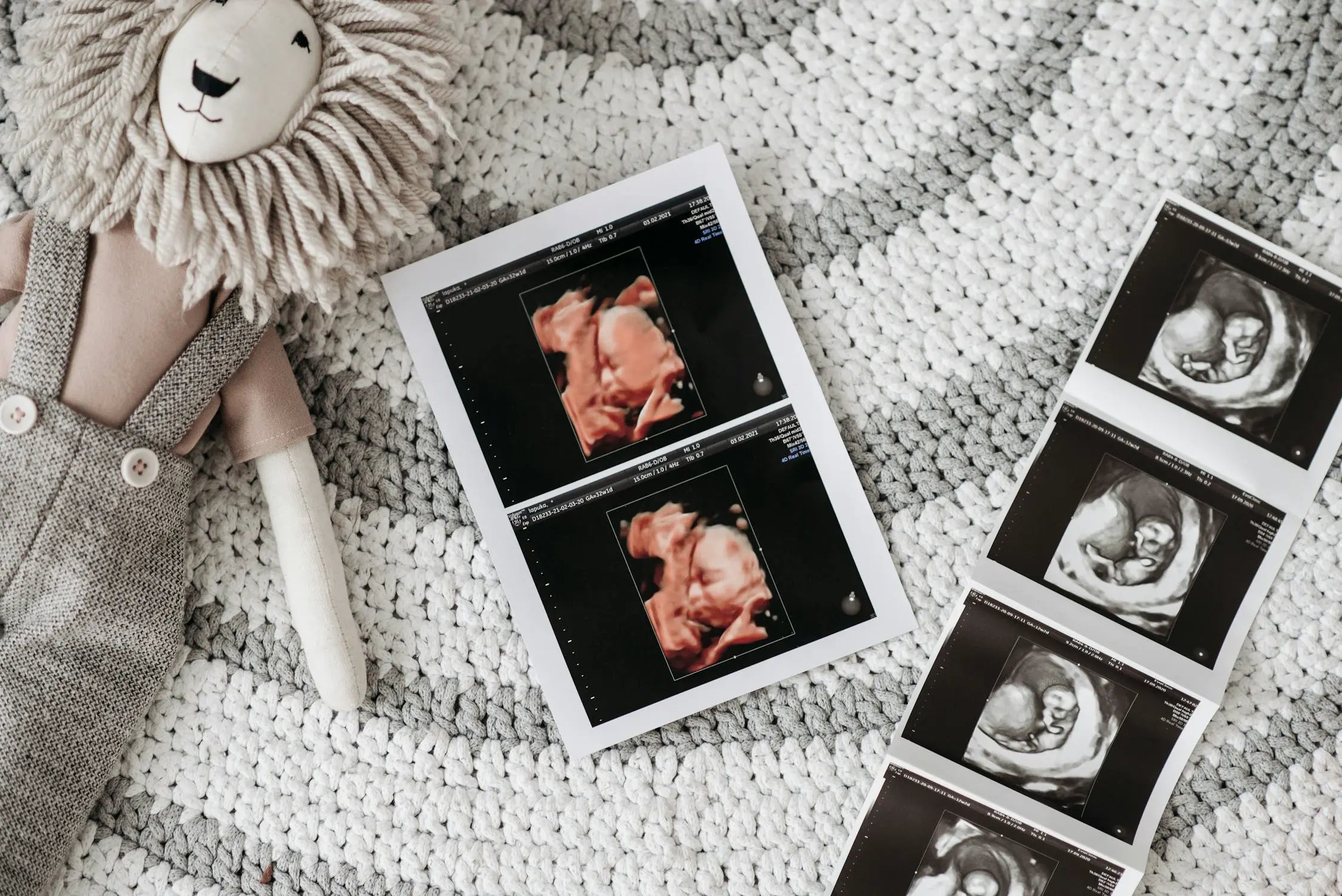Accueil
Pregnancy, Breastfeeding, and Pumping: The Ultimate Guide for Moms
What Is Too Early for a Pregnancy Test? Understanding the Timing

What Is Too Early for a Pregnancy Test? Understanding the Timing
When it comes to pregnancy tests, timing is everything. Taking a test too early can lead to false negatives, unnecessary stress, and confusion. Understanding when to take a pregnancy test is crucial for accurate results and peace of mind. This article dives into the science behind pregnancy tests, the role of hCG levels, and how to determine the best time to test.
The Science Behind Pregnancy Tests
Pregnancy tests work by detecting the presence of human chorionic gonadotropin (hCG), a hormone produced by the placenta after a fertilized egg attaches to the uterine lining. hCG levels rise rapidly in early pregnancy, doubling approximately every 48 to 72 hours. Most home pregnancy tests are designed to detect hCG in urine, but the sensitivity of these tests varies.
Testing too early, before hCG levels have risen sufficiently, can result in a false negative. This is why it's essential to wait until the right time to take a pregnancy test. But how do you know when that time is?
When Is It Too Early to Take a Pregnancy Test?
The ideal time to take a pregnancy test depends on your menstrual cycle. For most women, the best time to test is after a missed period. Testing before this point increases the likelihood of a false negative because hCG levels may not yet be high enough to detect.
Here are some key factors to consider:
- Ovulation Timing: If you know when you ovulated, you can estimate when implantation might have occurred. Implantation typically happens 6 to 12 days after ovulation, and hCG production begins shortly after.
- Test Sensitivity: Some pregnancy tests are more sensitive than others and can detect lower levels of hCG. However, even the most sensitive tests may not provide accurate results if taken too early.
- Irregular Cycles: If you have irregular menstrual cycles, determining the best time to test can be more challenging. In such cases, waiting at least two weeks after unprotected intercourse is recommended.
Why Testing Too Early Can Be Problematic
Taking a pregnancy test too early can lead to several issues, including:
- False Negatives: As mentioned earlier, low hCG levels can result in a false negative, even if you are pregnant. This can cause unnecessary stress and confusion.
- Emotional Rollercoaster: The anticipation of waiting for the right time to test can be emotionally taxing. Testing too early and receiving a negative result can lead to disappointment, even if you later discover you are pregnant.
- Wasted Resources: Pregnancy tests can be expensive, especially if you take multiple tests due to uncertainty. Waiting for the right time can save you money and reduce frustration.
Tips for Accurate Pregnancy Testing
To ensure the most accurate results, follow these tips:
- Wait for a Missed Period: This is the most reliable indicator that it's time to take a pregnancy test.
- Use First-Morning Urine: hCG levels are typically highest in the morning, so testing with your first-morning urine can increase accuracy.
- Read the Instructions: Each pregnancy test has specific instructions. Follow them carefully to avoid errors.
- Consider a Blood Test: If you're unsure about the results of a home pregnancy test, a blood test administered by a healthcare provider can provide more definitive answers.
Understanding False Positives and Other Factors
While false negatives are more common when testing too early, false positives can also occur. False positives may be caused by:
- Chemical Pregnancies: These occur when a fertilized egg fails to implant properly, leading to a brief rise in hCG levels.
- Medications: Certain medications, such as those containing hCG, can interfere with pregnancy test results.
- Medical Conditions: Conditions like ovarian cysts or certain cancers can also cause elevated hCG levels.
If you receive a positive result but are unsure, consult a healthcare provider for confirmation.
When to Seek Medical Advice
If you've taken a pregnancy test and are unsure of the results, or if you have symptoms of pregnancy but continue to receive negative results, it's a good idea to seek medical advice. A healthcare provider can perform a blood test or ultrasound to confirm pregnancy and provide guidance on next steps.
Additionally, if you experience unusual symptoms such as severe pain, heavy bleeding, or dizziness, seek medical attention immediately, as these could indicate complications.
Understanding when to take a pregnancy test is key to obtaining accurate results and avoiding unnecessary stress. By waiting for the right time and following best practices, you can increase the likelihood of a reliable outcome. Remember, patience is your ally in this journey.
Partager

